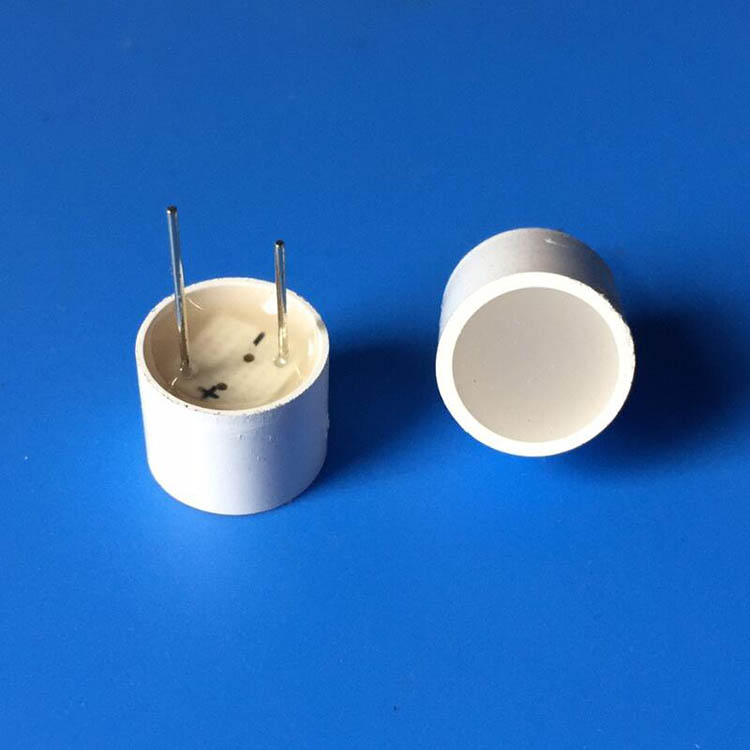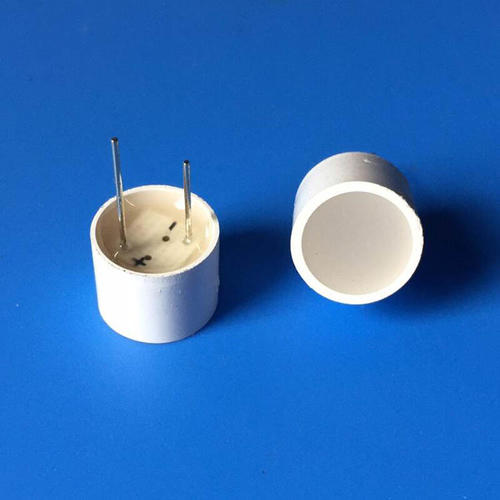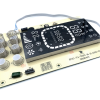
Furniture Tension Springs For Comfort and Durability
Furniture tension springs, though often overlooked, play a pivotal role in enhancing our comfort and ensuring the longevity of our beloved pieces. These concealed components are designed to provide the necessary tension, support, and flexibility that make your couch, chair, or bed a cozy and comfortable place to unwind.
What Are Furniture Tension Springs?
The use of springs in furniture can be traced back to ancient civilizations. Egyptians and Greeks, for instance, incorporated coiled springs in their seating arrangements to provide an added layer of comfort. However, it was not until the Industrial Revolution that spring technology advanced significantly. With the advent of modern manufacturing techniques, furniture tension springs became more accessible and integral to the industry.
Furniture tension springs are mechanical devices engineered to store and release energy when subjected to a force or load. They are typically installed within the frame or cushioning of furniture, where they exert a controlled force to counterbalance the weight of occupants. The primary purpose of these springs is to ensure that your furniture remains resilient, comfortable, and supportive, even after years of use.
Types of Furniture Tension Springs
To truly appreciate the role of furniture tension springs, one must understand the various types available and their unique properties. Let's explore the three primary categories: coil springs, torsion springs, and extension springs.
Coil Springs
Coil springs are the most recognizable type of furniture tension springs. They consist of a helical, coiled wire that compresses and extends as weight is applied and removed. The inherent spiral design provides remarkable flexibility and support, making them a popular choice for seating arrangements.
Coil springs are commonly found in sofas, armchairs, and mattresses, where their ability to adapt to varying loads ensures optimal comfort for users. Their shock-absorbing properties also contribute to minimizing wear and tear on the furniture's structure.
Torsion Springs
Torsion springs, in contrast to coil springs, function by twisting or torsion. They are characterized by their ability to exert force when rotated. In furniture, these springs are usually found in reclining mechanisms and swivel chairs.
Torsion springs allow for controlled movement and positioning, making them invaluable in pieces with adjustable components. These springs ensure that recliners recline smoothly and that swivel chairs return to their original position when not in use.
Extension Springs
Extension springs, as the name suggests, elongate when subjected to a force. They are typically used in furniture to provide support by resisting the stretching of the spring. These springs are known for their versatility and adaptability.
Extension springs find their place in pull-out sofa beds and reclining footrests. Their ability to maintain constant tension ensures that the extended portions of furniture remain securely in place and easily retract when needed.
Benefits and Innovations
Furniture tension springs offer a myriad of benefits that contribute to your overall seating experience. They are not just about comfort; they also play a significant role in noise reduction and the durability of your furniture. Moreover, recent technological advancements have brought forth innovative features that further enhance your furniture's performance.
Enhanced Comfort and Support
The use of tension springs in furniture is synonymous with enhanced comfort and support. Whether you're lounging on your favorite sofa or reclining in your armchair, tension springs ensure that your body weight is evenly distributed, reducing pressure points and allowing you to enjoy a more relaxed and ergonomic sitting experience.
Noise Reduction and Durability
Tension springs also contribute to noise reduction in furniture. The controlled movement they provide minimizes squeaks, creaks, and other distracting sounds, offering a more peaceful environment. Additionally, these springs enhance the durability of your furniture, prolonging its lifespan and reducing the need for frequent replacements.
Recent Technological Advancements
The furniture industry is continually evolving, and tension spring technology is no exception. Recent innovations include smart furniture that incorporates tension springs for automatic adjustment, as well as materials that are more environmentally friendly and sustainable, aligning with the growing trend of eco-conscious consumers.
Conclusion
Furniture tension springs are quietly contributing to our comfort, durability, and overall well-being. By understanding the various types, design considerations, and benefits of these springs, we gain a deeper appreciation for the thought and engineering that goes into making our furniture not just functional but extraordinary. If you are looking for top-quality furniture tension springs, please feel free to contact us at nellyyip@xinzhaolang.com for more information!







